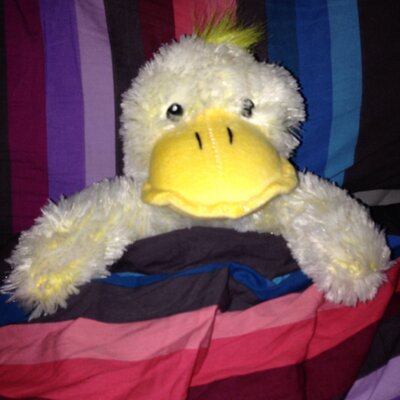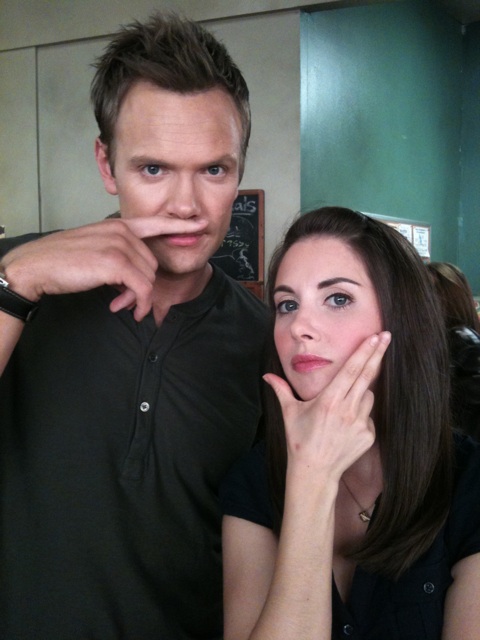


For the first year I woke up every day thinking, I’m going back to Google. My manager asked me, “Do you have a book deal?” and I said, “No, but I’m working on it!” When you give up a stable job to do something creative, you put a lot of pressure on yourself: It’s very hard to be creative when you’re also worried about money. Looking back, I think I left a little early. When I told my manager I wanted to leave, he said, “You can always come back,” which made me realize that it was a bigger risk to stay than to go.īut your workplace experiences were informing your comedy. I had more passion for comedy writing than for my work, so I felt like I was living a double life, which wasn’t comfortable. I was supposed to be a cheerleader and get everyone motivated, and yet I didn’t have the motivation myself. At that point I was managing a team at Google. The post just clicked in a way that nothing I’d done before had. They say, “Write what you know,” and I hate how all these clichés end up being so true, but that one really is. I wrote the “10 Tricks” post in 2014, and it was the first time I had combined comedy with what I knew of the corporate world. It’s one of the most amazing places to work. So eventually I joined Google, and I was there for almost four years. With stand-up I found that I loved writing my own lines and performing as myself.
_1.png)
So when I turned 30, I quit Yahoo and tried acting and everything else: improv, sketch, singing lessons. But my childhood dream was to be an actress, and I’d made a pact with myself that I wouldn’t give it up. Why quit?Ĭooper: Design was a creative outlet for me. HBR: You had good jobs at Yahoo and Google.


 0 kommentar(er)
0 kommentar(er)
